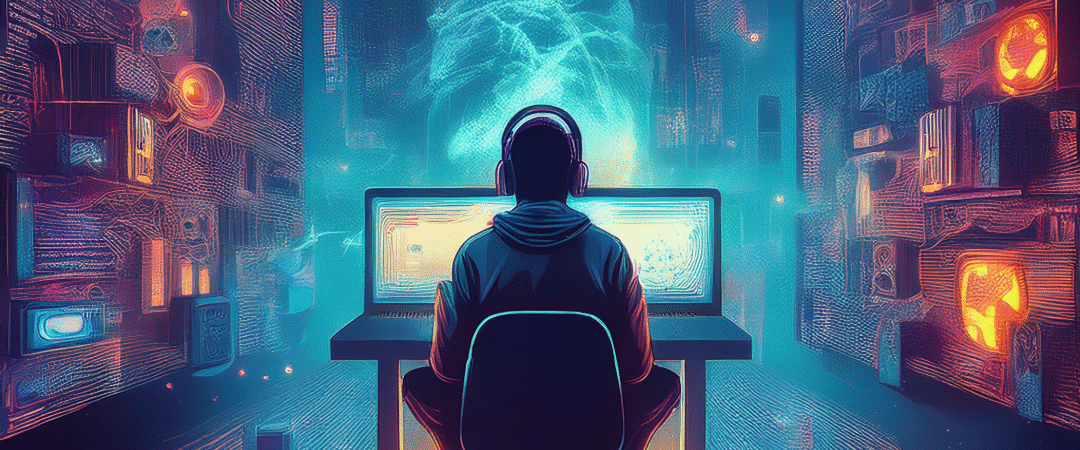The internet is an incredible, ubiquitous tool. It connects us, entertains us, educates us, and allows us to pursue passions that were once geographically limited. But when does a harmless habit—like scrolling through social media or sinking hours into an online game—cross the line from a healthy hobby into a potential addiction?
It’s a blurry line, one that many of us navigate daily. The key isn’t the amount of time spent online, but the impact that time has on the rest of your life.
The Warning Signs of Addiction
An online activity becomes problematic when its use is compulsive and begins to cause significant negative consequences in your life.
Here are a few red flags that suggest your internet use might be an addiction, not just a hobby:
- Neglect of Real-Life Responsibilities: Are you consistently missing deadlines at work, skipping classes, or neglecting chores because you’re online? Addiction prioritizes the digital over the real.
- Withdrawal Symptoms: Do you feel restless, moody, irritable, or anxious when you are forced to cut back or stop using the internet? This is a classic sign of dependence.
- Loss of Control: Have you made repeated, unsuccessful attempts to cut down or stop your online use, only to find yourself back at it for longer than you intended?
- Tolerance: Do you feel the need to spend increasing amounts of time online to achieve the same sense of satisfaction or excitement?
- Jeopardized Relationships: Are you lying to family or friends about the amount of time you spend online, or have you risked losing a significant relationship, job, or educational opportunity because of your digital habits?
- Escape Mechanism: Are you primarily using the internet as a way of escaping problems or relieving negative moods (such as helplessness, guilt, or anxiety)?
If several of these points resonate with you, it may be time to seek help or seriously re-evaluate your relationship with your devices.
When the Internet is a Healthy Hobby
In contrast, a healthy online hobby enhances your life, contributes to your well-being, and doesn’t hijack your fundamental responsibilities.
The internet is a fantastic vehicle for productive and engaging pastimes:
- Skill-Building and Education: Taking online courses, learning a new language through an app, or watching tutorials to master a new skill (like coding, cooking, or digital photography) are all highly constructive uses of time.
- Creative Outlets: Running a blog, joining an online writing group, composing music digitally, or creating graphic art allows for self-expression and connection with a wider audience.
- Meaningful Social Connection: Using social platforms to genuinely connect with friends and family, participate in niche forums about a specific interest (like astronomy or knitting), or join a virtual book club can foster a sense of belonging. The key here is quality over constant, mindless scrolling.
- Personal Enrichment: Exploring virtual museum tours, listening to educational podcasts, or researching topics you’re genuinely curious about expands your knowledge base and keeps your mind sharp.
Shifting the Balance
The ultimate difference lies in intention and consequence. A healthy hobby is a source of joy and enrichment that fits into your life; an addiction is a compulsive behavior that takes over your life.
If you suspect your habit is leaning toward the latter, try these steps to regain balance:
- Set Time Limits: Use an app or a simple timer to limit sessions on problematic platforms. When the timer goes off, log out.
- Schedule Screen-Free Time: Dedicate specific times (like mealtimes, family time, or the hour before bed) to be completely offline.
- Find Offline Alternatives: Make an effort to replace some of your screen time with a physical activity—take a walk, read a physical book, or meet a friend in person.
- Practice Mindfulness: Before you open an app or game, pause and ask yourself: Why am I doing this right now? Am I avoiding something?
The internet is a tool, and like any powerful tool, it requires discipline to wield constructively. Reclaim your digital life by turning mindless habit into mindful intention.
